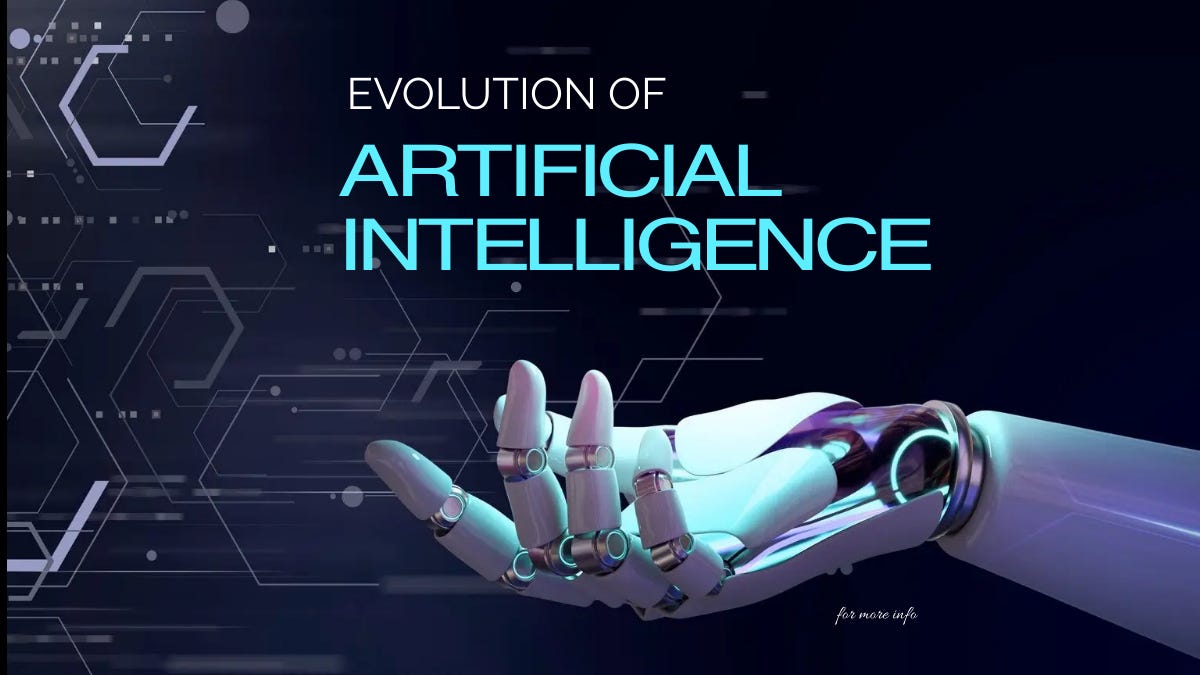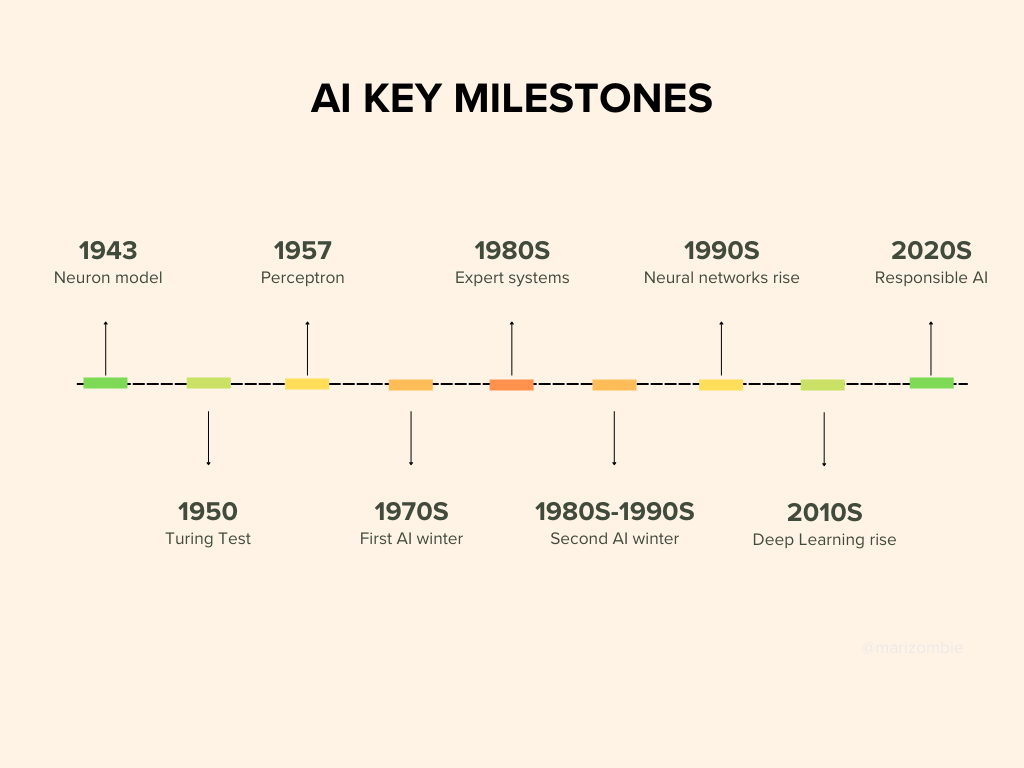Examining ChatGPT's validity as a source for scientific inquiry and...
Many people today utilize technological tools that are readily available, responsive, and have vast information networks. The emergence of ChatGPT (Chat Generative Pre-trained Transformer), an artificial intelligence program developed by OpenAI in 2022, presents unique characteristics. ChatGPT is a machine learning-powered chatbot capable of providing detailed responses to inquiries.
Evaluating Scientific Validity
This study focuses on assessing the validity of ChatGPT-generated responses to scientific inquiries within the field of biochemistry. Five questions were presented to ChatGPT, and the responses were analyzed for their scientific accuracy. The analysis revealed that ChatGPT provided either scientifically incorrect or incomplete answers to the questions. 
Upon further investigation and probing for explanations, ChatGPT persisted with its inaccurate responses. It managed to provide scientifically correct answers to the initial questions but struggled with the subsequent inquiries, offering either partially correct or completely invalid solutions.
Limitations of ChatGPT
Ultimately, the study concluded that ChatGPT has limitations in delivering scientifically rigorous responses. For accurate and reliable answers, it is essential to present comprehensive and detailed inquiries that enable a more precise and informed response. Researchers and scholars should be aware of the potential misconceptions within ChatGPT, making it a somewhat dependable but not entirely scientifically validated resource.
Artificial intelligence (AI) has made significant advancements over the years, with AI systems now pervasive across various industries. From electronics to healthcare to finance, AI plays a crucial role in shaping these sectors. The integration of AI into education is seen as a transformative move that poses both challenges and opportunities.
Historical Progression of AI
The evolution of AI can be traced back to the 1950s, with notable milestones such as the development of natural language processing programs like ELIZA in the 1960s and the introduction of deep learning in the 1980s. The 1990s saw the construction of artificial neural networks, leading to achievements like Deep Blue defeating the world chess champion in 1997. 
In recent years, AI systems have achieved remarkable feats, such as DeepMind's AlphaGo defeating Go Champion Lee Se-dol in 2016. The prevalence of smart assistants like Siri underscores the power of AI in logical decision-making and interactions with the environment.
Future Implications
As AI continues to advance and permeate every industry, including education, it is evident that significant changes lie ahead. The integration of technologies like augmented reality (AR) and virtual reality (VR) into educational settings remains a work in progress. 
According to the Education Intelligence Unit, AI's influence in education is expected to grow substantially in the coming years. Nations worldwide are recognizing the importance of AI in education, investing in AI applications to enhance learning outcomes and drive sustainable development.
Countries like China and the United States are at the forefront of educational AI investments, signaling a shift towards embracing AI as a transformative force in shaping the future of education.




















